Why Is Your Home Depressive?

Accept or not, sometimes our homes might be a little bit depressive and instead of avoiding the question “Why is your home depressive?” if you have a look at your space and do some simple touches, you might even feel happier. 🤗
Why is Your Home Depressive: Ignoring Greenery
There’s a reason why plants or plant or floral printed materials are so popular in interiors. Perhaps, the most universally accepted point of consensus across all experts is that greenery boosts the mood. Also, this kind of pieces can help with loneliness and sadness by providing vibrant colours. The thing is that the greenery that you’ll introduce to your space doesn’t have to be real. If you are a person who is into planting and gardening stuff, all I can say is definitely go for it! However, if you don’t have that amount of time or interest, having a greenery-printed rug might also create a positive effect in your space.
Why is Your Home Depressive: Ignoring Artwork
Let’s talk about artworks because it’s more important you think and we’l be really inclusive when we say “Artwork”. Scientific studies show that viewing art can give you the same feelings or some of the same feelings as falling in love 🥰 So, introducing art into your space can have a profound effect on your well-being. Some might rightfully be afraid because artworks are a little expensive. You can get a nice painting at an affordable price on the internet, or another option, you can get a rug from Montana or Marrakech Collection. Because the patterns, colours, transitions, etc. on these rugs already present the traditional art and cultural movements of the exact societies. Extroverts should look for bolder and vibrant colours. Whereas introverts might look for softer and more subdued pieces.
Keeping your home clutter-free is crucial. Clutter has been shown to cause feelings of anxiety. Too much stuff in your space will stress you out because it becomes too visually complex. Also, not having anything in your space again can cause tension. Because we’d like to have a few things on display that tell people who we are. The summary of my sentences is the key point is balance as it’s in everything. So balancing your space with a rug would be the easiest way. Imagine, you have that plain space with no colour. That would likely make you feel depressed. Then imagine placing a rug with vibrant colours in the center of your room will create a fast effect 😎

Not Enough Sunlight 🌞
One of the most important things you can do to improve your mood is to increase the amount of natural light in your home. Because the exposure to sunlight triggers the release of serotonin which is basically the ‘happiness hormone’ 😊 A well-lit home will help us feel more energetic and alert. If you don’t get enough amount of sunlight in your home, we may not have much to do about it but we can give you a simple trick though. As it’s already been scientifically proven that white shades can naturally reflect the light exposed on it. I mean if you have a space that doesn’t get enough sunlight, using a darker coloured rug in this space can make it feel even darker.
The trick is pretty simple. Try to use a white rug that will reflect the sunlight. So this way you will increase the natural light in your space. 🌞
Transform Your Home's Vibe: Discover How Rugs Can Banish Depression
Introduction to the impact of home decor on mental health
Our living spaces hold immense power in shaping our emotional well-being. The environment we surround ourselves with can profoundly influence our mood, energy levels, and overall mental health. In today's fast-paced world, where stress and anxiety seem to be constant companions, creating a sanctuary within our homes has become paramount. One often-overlooked element that can significantly contribute to this sanctuary is the humble rug.
As we delve into the transformative potential of rugs, we'll uncover how these seemingly simple floor coverings can banish the dark clouds of depression and foster a brighter, more uplifting atmosphere. Join me on this journey as we explore the intricate relationship between our homes and our mental well-being, and discover how embracing the right rug can be a game-changer.
Understanding depression and its effects on mental well-being
Depression is a complex and multifaceted condition that can profoundly impact an individual's quality of life. It is a mental health disorder characterized by persistent feelings of sadness, hopelessness, and a lack of motivation. Depression can manifest in various forms, ranging from mild to severe, and can affect people of all ages and backgrounds.
The effects of depression extend far beyond emotional turmoil. It can disrupt sleep patterns, impair cognitive function, and even lead to physical symptoms such as fatigue and chronic pain. Untreated, depression can have devastating consequences, affecting personal relationships, work performance, and overall well-being.
It is crucial to recognize that depression is not a sign of weakness or a character flaw. It is a legitimate medical condition that requires professional support and effective coping strategies. While seeking professional help is essential, incorporating simple yet powerful changes in our living environments can play a significant role in alleviating the symptoms of depression and promoting a more positive mindset.
How rugs can contribute to a positive home environment
Rugs are often regarded as mere decorative elements, but their impact on our living spaces goes far beyond aesthetics. These textile masterpieces possess the ability to transform the very essence of a room, infusing it with warmth, comfort, and a sense of grounding.
-
Texture and Tactile Experience: The soft, plush fibers of a well-crafted rug invite us to sink our toes into their luxurious embrace. This tactile experience can be incredibly soothing, providing a sense of comfort and security that can counteract feelings of anxiety or restlessness.
-
Color and Pattern Therapy: Rugs come in a kaleidoscope of colors and patterns, each with the potential to evoke specific emotions and moods. Warm, earthy tones can promote a sense of tranquility, while vibrant hues can infuse a space with energy and vibrancy. Intricate patterns can captivate the eye, offering a welcome distraction from negative thoughts.
-
Acoustic Benefits: Rugs act as natural sound absorbers, reducing echoes and creating a more peaceful, serene environment. This can be particularly beneficial for individuals prone to sensory overload or those seeking a quieter sanctuary within their homes.
By carefully selecting the right rug, we can intentionally curate an environment that fosters positivity, comfort, and a sense of well-being – essential elements in combating the debilitating effects of depression.

The psychological benefits of incorporating rugs into your home decor
The impact of rugs on our mental health extends beyond their aesthetic and functional qualities. These versatile floor coverings can profoundly influence our psychological state, offering a range of benefits that can aid in the battle against depression.
-
Grounding and Stability: The weight and texture of a rug can provide a sense of grounding and stability, anchoring us to the present moment. This can be particularly beneficial for individuals struggling with anxiety or rumination, as it helps to redirect focus and cultivate a sense of calm.
-
Emotional Warmth: The soft, plush fibers of a rug can evoke feelings of warmth and coziness, creating an inviting and nurturing environment. This emotional warmth can counteract the sense of emptiness and detachment often associated with depression, fostering a more positive and uplifting atmosphere.
-
Sensory Stimulation: Rugs can engage multiple senses, from the visual appeal of their colors and patterns to the tactile experience of their fibers. This sensory stimulation can help to alleviate the numbness and emotional flatness that often accompany depression, promoting a more vibrant and engaging experience within our living spaces.
-
Personal Expression: Choosing a rug that resonates with our personal style and preferences can foster a sense of pride and ownership in our living environments. This expression of individuality can boost self-esteem and promote a sense of control, both of which are crucial in combating the feelings of helplessness and hopelessness associated with depression.
By thoughtfully incorporating rugs into our home decor, we can create a sanctuary that not only looks beautiful but also nurtures our mental well-being, providing a supportive and uplifting environment that can aid in our journey towards emotional healing.
Choosing the right rug for your space and style
With the vast array of rug options available, selecting the perfect one for your home can be a daunting task. However, by considering a few key factors, you can ensure that your rug not only enhances the aesthetic appeal of your space but also contributes to your overall mental well-being.
-
Size and Placement: The size and placement of a rug can significantly impact the overall feel of a room. A rug that is too small can make a space feel disjointed and cramped, while an oversized rug can overwhelm the area. Consider the dimensions of your room and the layout of your furniture to find the perfect fit.
-
Material and Texture: The material and texture of a rug can greatly influence its comfort and durability. Natural fibers like wool and silk offer a luxurious feel and can be highly durable, while synthetic options like polypropylene and nylon are often more affordable and easier to maintain.
-
Color and Pattern: As mentioned earlier, the colors and patterns of a rug can profoundly impact our emotional state. Warm, earthy tones can promote a sense of calm and tranquility, while vibrant hues can energize a space. Intricate patterns can captivate the eye and provide a welcome distraction from negative thoughts.
-
Personal Style and Preferences: Ultimately, the rug you choose should resonate with your personal style and preferences. Consider the overall aesthetic of your home and select a rug that complements and enhances your existing decor. A rug that truly speaks to you can foster a sense of pride and ownership, contributing to a more positive and uplifting living environment.
By carefully considering these factors, you can select a rug that not only adds visual appeal to your space but also serves as a powerful tool in promoting your mental well-being and combating the effects of depression.

Creative ways to use rugs to enhance the ambiance of your home
While rugs are traditionally placed on floors, their versatility allows for creative and unconventional uses that can further enhance the ambiance of your home. By thinking outside the box, you can unlock the full potential of these textile masterpieces and create a truly unique and uplifting living environment.
-
Wall Hangings: Transform a bare wall into a stunning focal point by hanging a rug as a tapestry. This unexpected use of a rug can add warmth, texture, and visual interest to any room, creating a cozy and inviting atmosphere.
-
Layering Rugs: Experiment with layering rugs of different sizes, colors, and textures to create a visually striking and captivating display. This technique can add depth and dimension to a space, while also providing a cozy and comfortable surface for lounging or relaxation.
-
Rug as Headboard: Elevate the look of your bedroom by using a rug as a unique and eye-catching headboard. This unconventional approach can add warmth and texture to your sleeping space, creating a cozy and inviting retreat.
-
Rug as Window Treatment: Instead of traditional curtains or blinds, consider using a rug as a window treatment. This creative solution can add a touch of warmth and texture to your windows, while also providing privacy and light control.
-
Outdoor Rug Oasis: Extend the cozy and inviting atmosphere of your home to your outdoor living spaces by incorporating weather-resistant rugs. Create a comfortable and stylish outdoor seating area or a serene picnic spot by layering rugs on your patio or deck.
By embracing these creative and unconventional uses of rugs, you can transform your living spaces into truly unique and uplifting environments that foster a sense of joy, comfort, and positive energy – essential elements in combating the effects of depression.
The Impact of Home Environment on Mental Health: A Comprehensive Guide
Can your home environment make you depressed?
Yes, your home environment can contribute to depression. Factors like lack of natural light, clutter, and poor air quality can negatively impact mood and mental health.
Is it normal to feel unhappy at home?
Occasional unhappiness at home is normal, but persistent feelings of unhappiness may indicate underlying issues with your living environment or personal circumstances.
Is it possible to be depressed because of where you live?
Absolutely. Your living environment can significantly impact mental health. Factors like noise pollution, lack of green spaces, or unsafe neighborhoods can contribute to depression.
What to do when you are depressed at home?
When feeling depressed at home, try to make small changes to your environment, establish a routine, and reach out for social support. Consider professional help if symptoms persist.
Can your house affect your mental health?
Yes, your house can greatly affect your mental health. The layout, lighting, cleanliness, and overall atmosphere of your home can influence your mood and well-being.
Can living in a dark house cause depression?
Living in a dark house can contribute to depression. Lack of natural light can disrupt circadian rhythms and lead to Seasonal Affective Disorder (SAD) or exacerbate existing depression.
How can home life affect mental health?
Home life affects mental health through various factors including family dynamics, physical environment, daily routines, and sense of safety and comfort within the living space.
Can your environment make you unhappy?
Yes, your environment can significantly impact happiness. Cluttered spaces, lack of personal touches, or an uncomfortable atmosphere can contribute to feelings of unhappiness.
Why does my environment affect my mood?
Your environment affects mood because humans are highly responsive to their surroundings. Visual cues, sounds, smells, and the overall atmosphere can trigger emotional and physiological responses.
How can home environment affect mental health?
Home environment affects mental health by influencing stress levels, sleep quality, social interactions, and overall sense of well-being. A positive home environment can promote better mental health.
Should I stay home if I'm sad?
While it's okay to take time for yourself when feeling sad, prolonged isolation can worsen negative feelings. Balance rest with activities and social interactions that uplift your mood.
Is it normal to feel lonely at home?
Feeling lonely at home can be normal, especially if you live alone or lack social interaction. However, persistent loneliness may indicate a need for more social connections or changes in your living situation.
How should your home feel?
Your home should feel safe, comfortable, and reflective of your personality. It should be a place where you can relax, recharge, and express yourself freely.
What is the best environment for mental health?
The best environment for mental health includes ample natural light, organized spaces, elements of nature, comfortable furniture, and areas for both relaxation and productivity.
What is environmental depression?
Environmental depression refers to depressive symptoms triggered or exacerbated by one's surroundings. This can include factors like pollution, lack of green spaces, or poor living conditions.
Can where you live affect your mood?
Absolutely. Your location can affect mood through factors like climate, access to nature, community atmosphere, and available amenities.
Can a house affect your mental health?
Yes, a house can significantly impact mental health. The design, maintenance, and overall atmosphere of your home can influence stress levels, mood, and overall well-being.
Can a location make you depressed?
Certain locations can contribute to depression due to factors like limited sunlight, lack of social opportunities, high stress levels, or absence of nature.
Can a cluttered house cause depression?
A cluttered house can contribute to depression by increasing stress, reducing focus, and creating feelings of being overwhelmed. Decluttering can often improve mood and mental clarity.
How does your home affect your mood?
Your home affects mood through various elements including lighting, color schemes, organization, comfort level, and personal touches that make the space uniquely yours.
Can living away from home cause depression?
Living away from home can potentially lead to depression due to homesickness, cultural adjustments, or lack of familiar support systems. However, it can also be an opportunity for personal growth.
Is sitting in the dark bad for your mental health?
Prolonged periods in darkness can negatively impact mental health. Lack of light exposure can disrupt circadian rhythms and potentially lead to mood disorders like Seasonal Affective Disorder.
What is a healthy living environment?
A healthy living environment is clean, well-lit, properly ventilated, and organized. It should promote physical activity, relaxation, and positive social interactions.
Does living in small spaces affect mental health?
Living in small spaces can affect mental health, potentially leading to feelings of claustrophobia or stress. However, well-designed small spaces can still be comfortable and promote well-being.
Can family environment cause depression?
Yes, family environment can contribute to depression through negative interactions, high stress levels, lack of support, or unresolved conflicts.
What environment can cause depression?
Environments that can cause depression include those with chronic stress, isolation, lack of sunlight, high pollution, or limited access to nature and social opportunities.
How does home environment affect personality?
Home environment can shape personality by influencing stress levels, social interactions, personal habits, and overall life satisfaction. A positive home environment can foster personal growth.
Does a dirty environment affect your mental health?
A dirty environment can negatively impact mental health by increasing stress, lowering self-esteem, and potentially exacerbating anxiety or depression.
How to not feel depressed at home?
To avoid feeling depressed at home, maintain a clean and organized space, establish routines, engage in hobbies, stay connected with others, and ensure exposure to natural light.
How to be happy at home?
To be happy at home, personalize your space, maintain cleanliness, engage in enjoyable activities, cultivate relationships, and create a balance between rest and productivity.
Why do I feel bad when I stay home all day?
Staying home all day can lead to negative feelings due to lack of physical activity, reduced social interaction, and potential disruption of normal routines.
Does your house affect your mood?
Yes, your house significantly affects your mood through factors like lighting, organization, comfort level, and overall atmosphere.
Can living in a certain place make you depressed?
Living in certain places can contribute to depression due to factors like limited sunlight, high stress levels, lack of social opportunities, or absence of nature.
How does your home impact your mental health?
Your home impacts mental health by influencing stress levels, sleep quality, social interactions, and overall sense of well-being. A positive home environment can significantly improve mental health.
What triggers depression?
Depression can be triggered by various factors. Life events such as loss, trauma, or major changes often play a significant role. Biological factors, including genetics and brain chemistry imbalances, can also contribute. Chronic stress, certain medications, and substance abuse may trigger depressive episodes in susceptible individuals.
Why do I feel sad at home?
Feeling sad at home can stem from several reasons. Isolation and lack of social interaction are common culprits. Unfulfilling routines or a lack of purpose can lead to feelings of sadness. Additionally, your home environment might contain reminders of past negative experiences or unresolved issues, contributing to persistent sadness.
Can your environment make you depressed?
Yes, your environment can significantly impact your mental health. Lack of natural light, clutter, and poor living conditions can contribute to depressive symptoms. Toxic relationships or a stressful atmosphere at home or work can also lead to depression. Moreover, living in areas with high pollution or limited access to nature may affect mood negatively.
Can living in a certain place cause depression?
Certain living environments can indeed contribute to depression. Areas with limited sunlight exposure, such as regions with long, dark winters, may increase the risk of seasonal affective disorder. High-crime neighborhoods or places with limited social opportunities can lead to feelings of insecurity and isolation. Additionally, areas lacking green spaces or with high pollution levels may negatively impact mental health.
Is a messy house bad for mental health?
A messy house can have negative effects on mental health. Clutter can increase stress levels and make it difficult to relax. A disorganized environment may lead to feelings of being overwhelmed and out of control. Moreover, a messy house can reduce productivity and create a sense of shame, potentially exacerbating depressive symptoms.
What calms down depression?
Several strategies can help calm depression. Regular exercise releases endorphins and improves mood. Mindfulness practices like meditation can reduce stress and negative thinking. Connecting with supportive friends or family provides emotional relief. Additionally, engaging in enjoyable activities or hobbies can offer a sense of accomplishment and joy, helping to alleviate depressive symptoms.
Why am I suddenly depressed?
Sudden onset of depression can be triggered by various factors. Major life changes or unexpected stressors can quickly impact mood. Hormonal fluctuations, particularly in women, can cause abrupt mood shifts. Seasonal changes, especially reduced sunlight exposure, may lead to sudden depressive episodes. It's also possible that underlying health issues or medication side effects could be responsible for a sudden onset of depression.
What are the top 3 symptoms of depression?
The top three symptoms of depression are: 1) Persistent sad, anxious, or "empty" mood that lasts for most of the day, nearly every day. 2) Loss of interest or pleasure in activities once enjoyed, including hobbies, social interactions, or sex. 3) Significant changes in appetite and sleep patterns, such as overeating or loss of appetite, insomnia or excessive sleeping.
Related Blog Posts
4 of The Most Major Decoration Style
The Impact of Colour in Rug Selection
Related Rug Collections




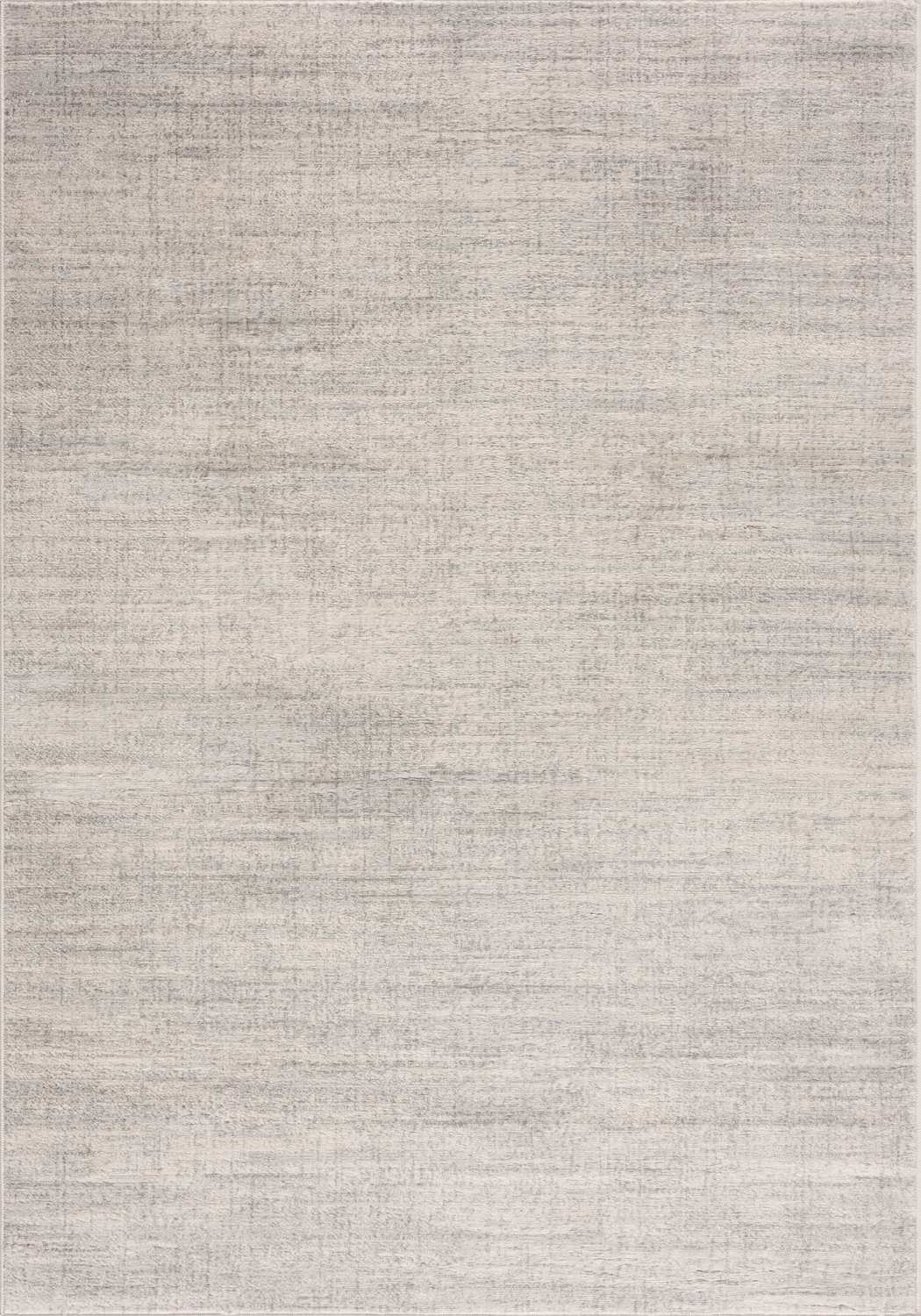

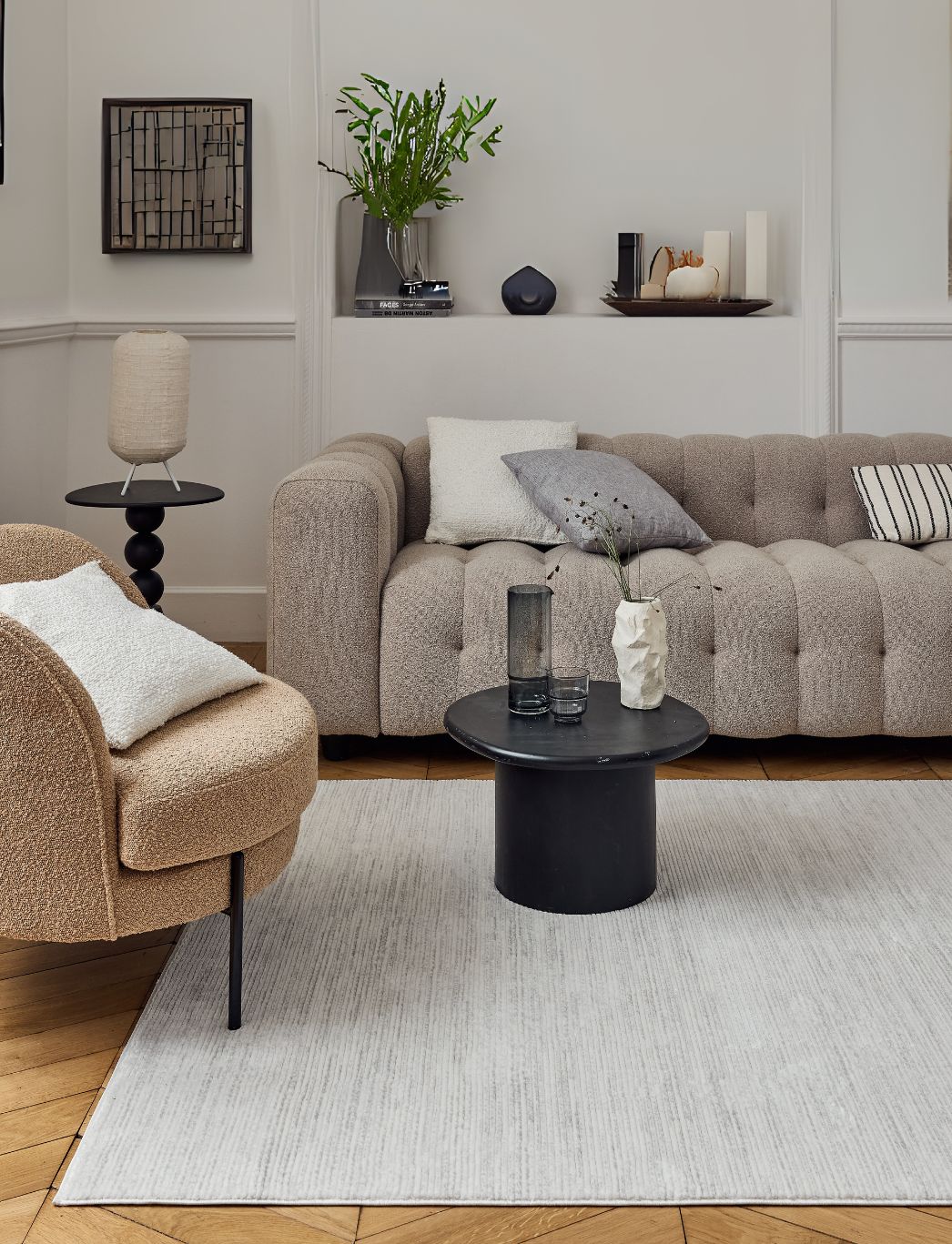
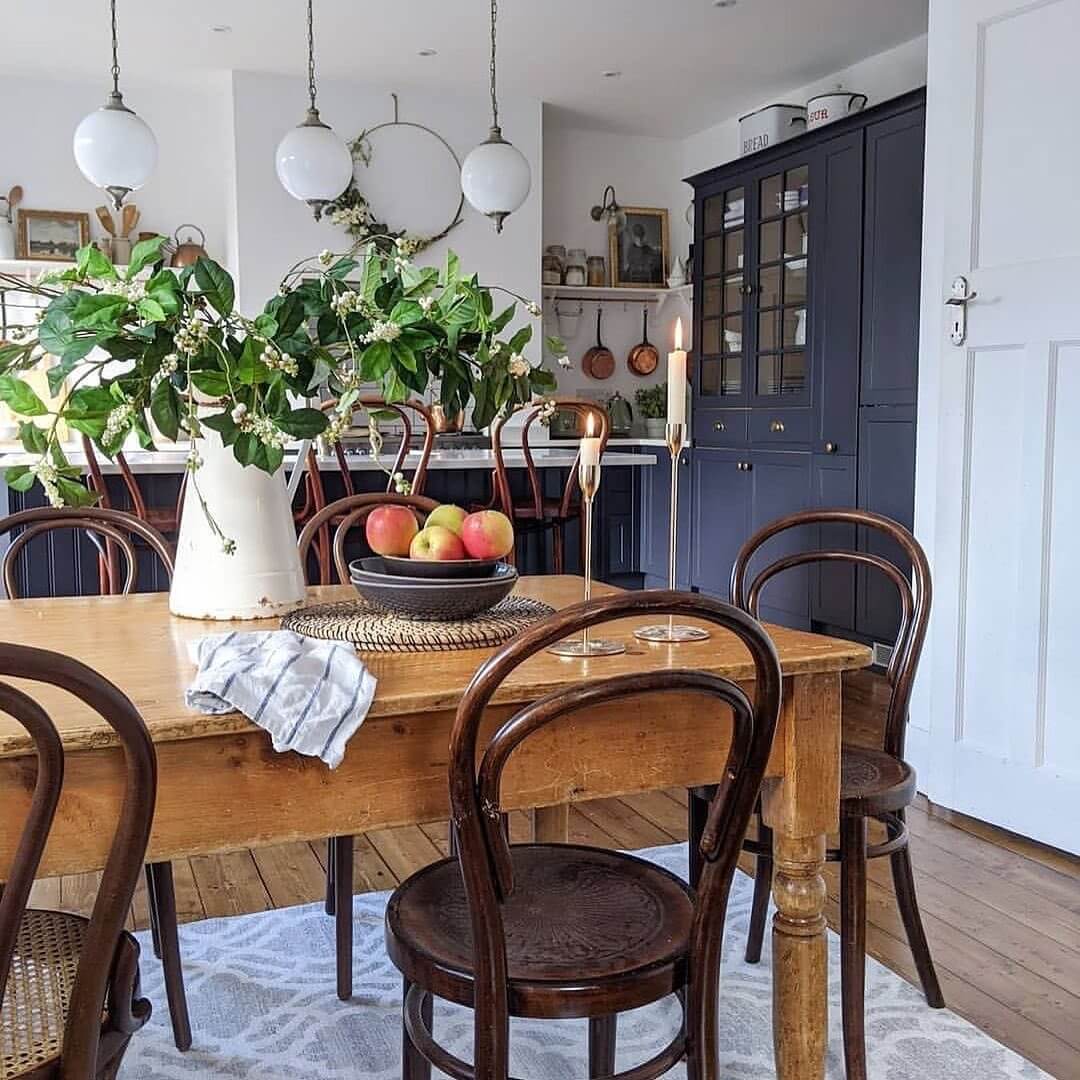
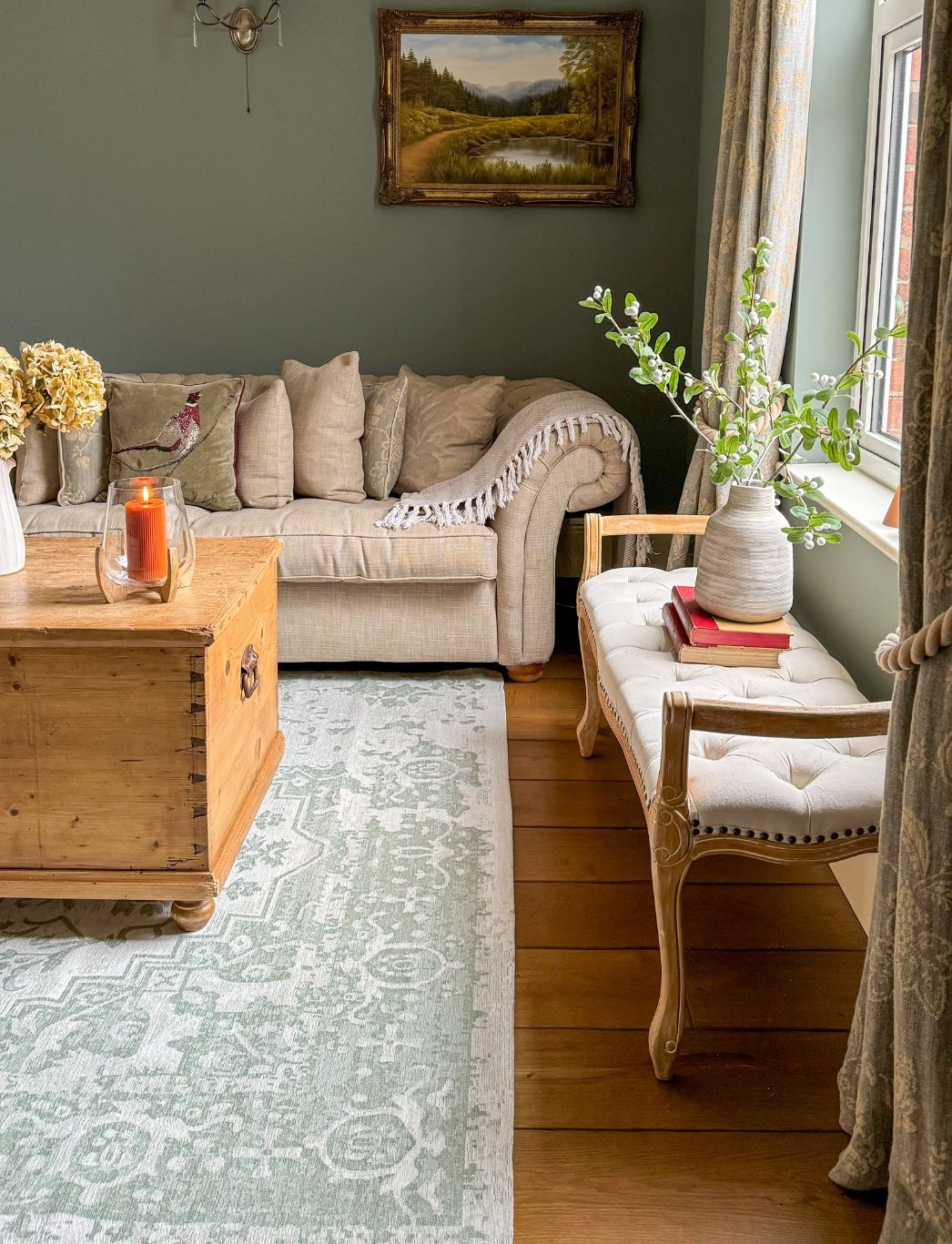
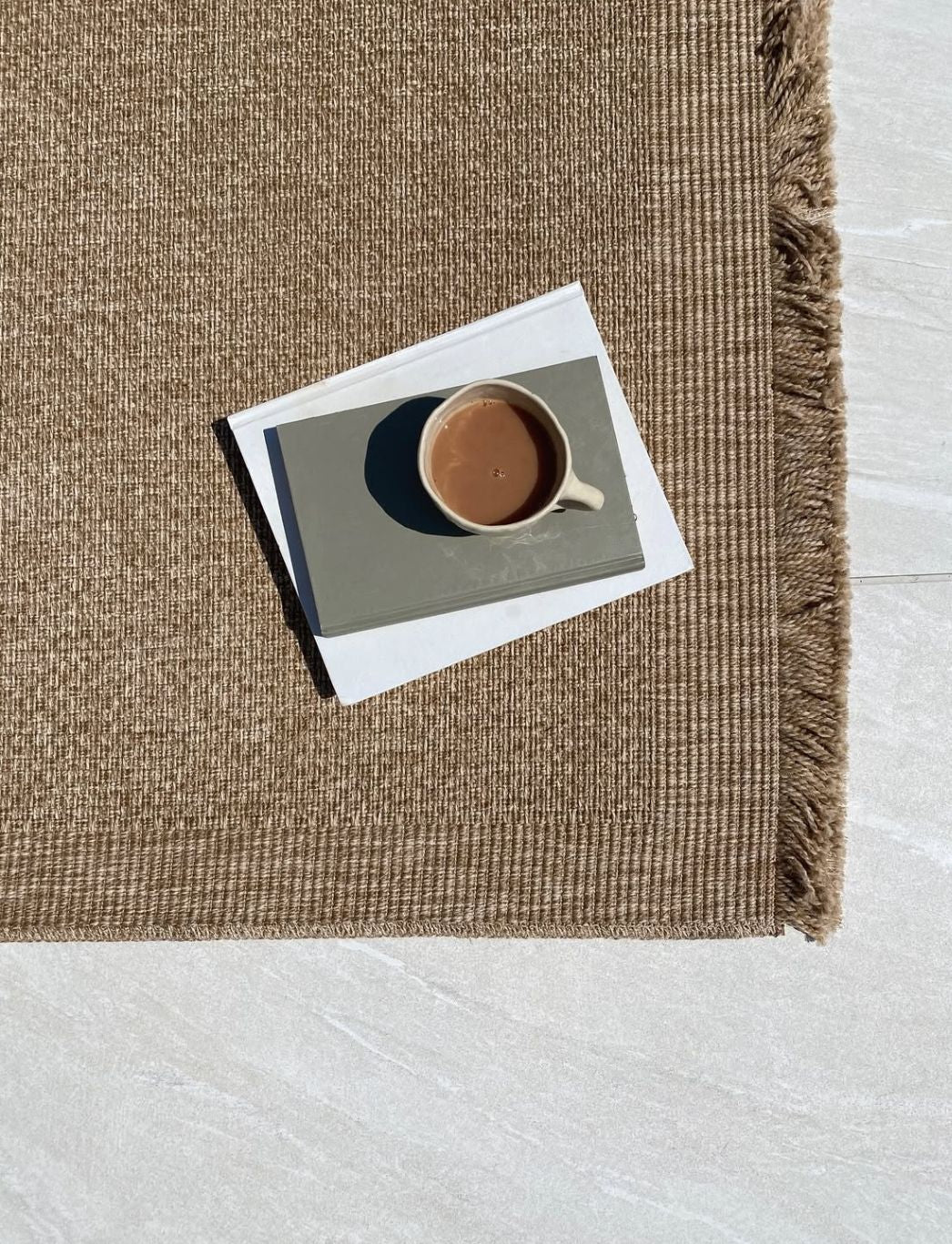
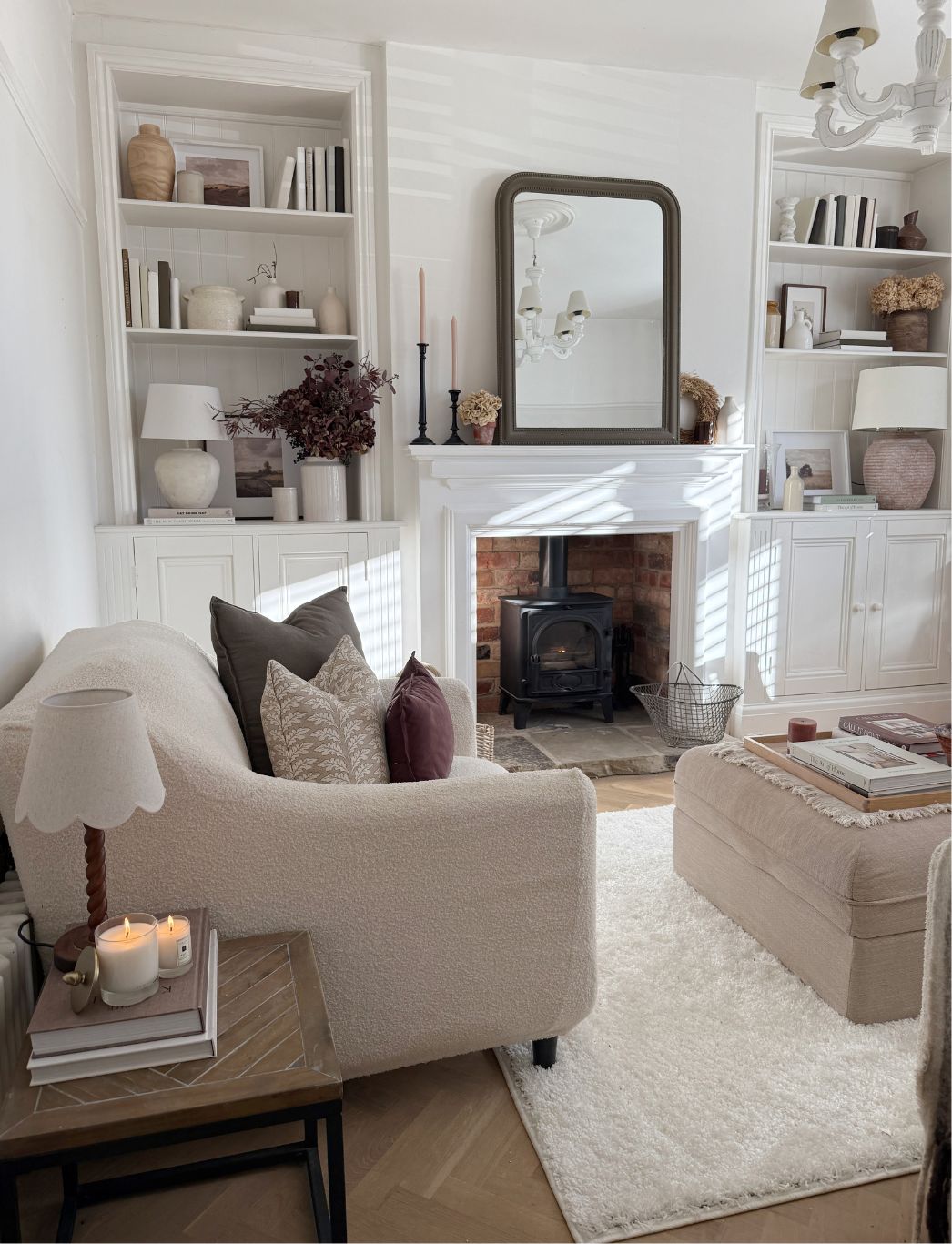
Leave a comment